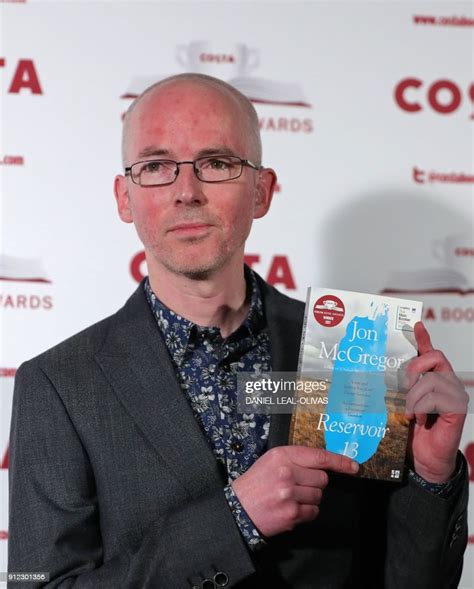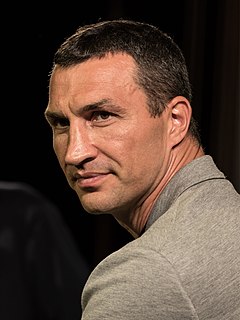A Quote by Erin Morgenstern
It is difficult to see a situation for what it is when you are in the midst of it,” Tsukiko says. “It is too familiar. Too comfortable.
Related Quotes
The next time you look into the mirror, try to let go of the storyline that says you're too fat or too sallow, too ashy or too old, your eyes are too small or your nose too big; just look into the mirror and see your face. When the criticism drops away, what you will see then is just you, without judgment, and that is the first step towards transforming your experience of the world.
God pity us indeed, for we are human, And do not always see, The vision when it comes, the shining change, Or, if we see it, do not follow it, Because it is too hard, too strange, too new, Too unbelievable, too difficult, Warring too much with common, easy ways, And now I know this, standing in this light, Who have been half alive these many years, Brooding on my own sorrow, my own pain, Saying "I am a barren bough. Expect, Nor fruit nor blossom from a barren bough."
What happened?" Bailey asks. "That is somewhat difficult to explain," Tsukiko answers. "It is a long and complicated story." "And you're not going to tell me, are you?" She tilts her head a bit ... "No, I am not," she says. "Great," Bailey mutters under his breath... "The bonfire exploded? How?" "Remember when I said it was difficult to explain? That has not changed.
When people are too present, too familiar or too in our face, something happens to us psychologically. We begin to tune them out, we begin to get sick of them, we begin to know them so well and become so familiar with who they are that we loose a bit of respect for them. You pass a certain threshold with the fact that you're too present in their lives, too much in their face and once that threshold is passed you're never going to repair it they have lost a certain respect for you.
Too many poets write poems which are only difficult on the surface, difficult because the dramatic situation is easily misunderstood. It's not difficult to write poems that are misunderstood. A drunk, a three-year-old-they are easily misunderstood. What is difficult is being clear and mysterious at the same time. The dramatic situation needs to be as clear in a poem as it is in a piece of good journalism. The why is part of the mystery, but the who, what, where, and when should all be understood.
Seattle was good for me. I was very comfortable there - not comfortable in terms of it was too easy, but I was at home, I was with my family and friends. It was a great life. I was home. But I think, for me, when I get too comfortable with the lifestyle and everything, I feel that my performances, my focus can go down.




































